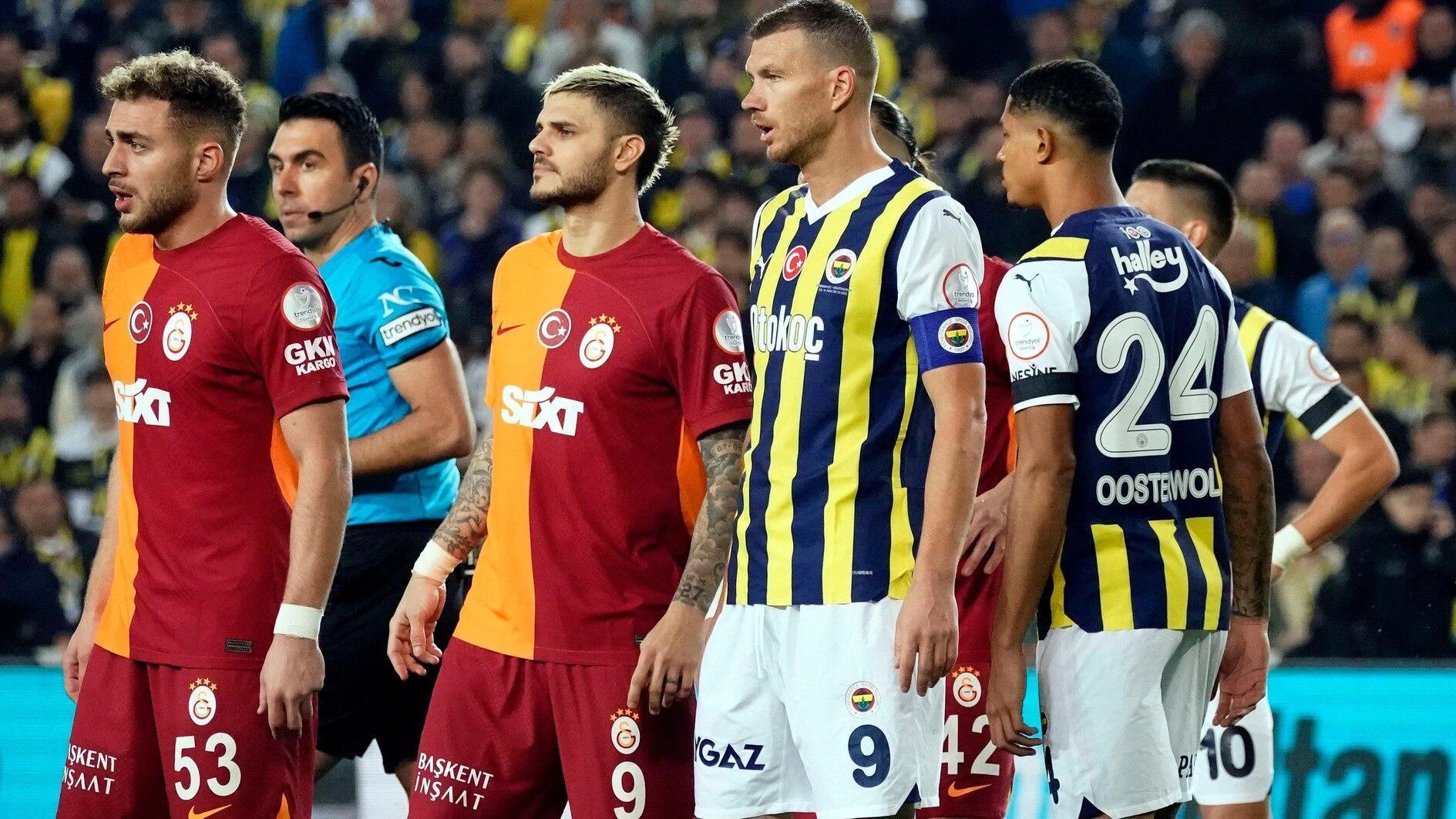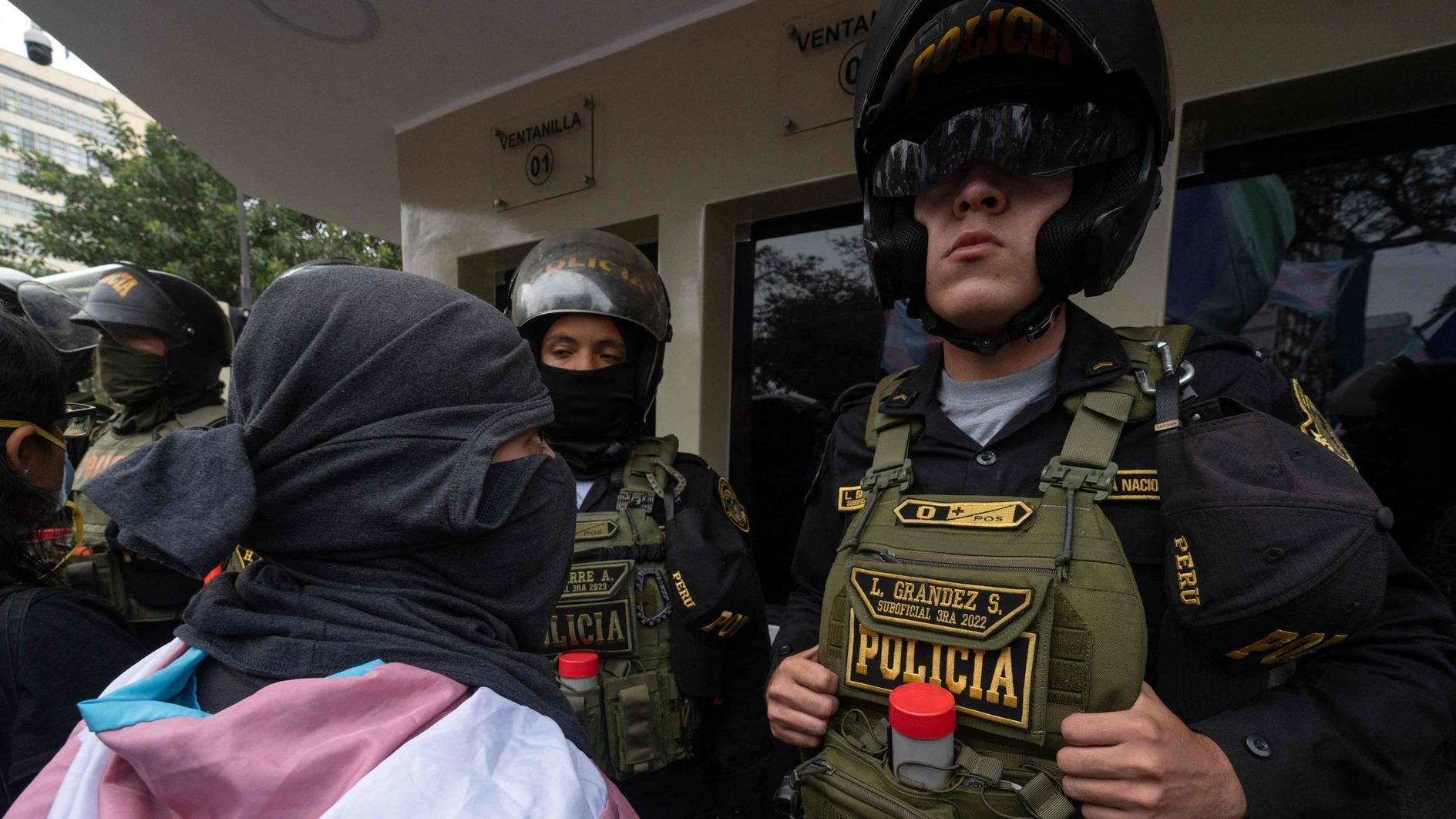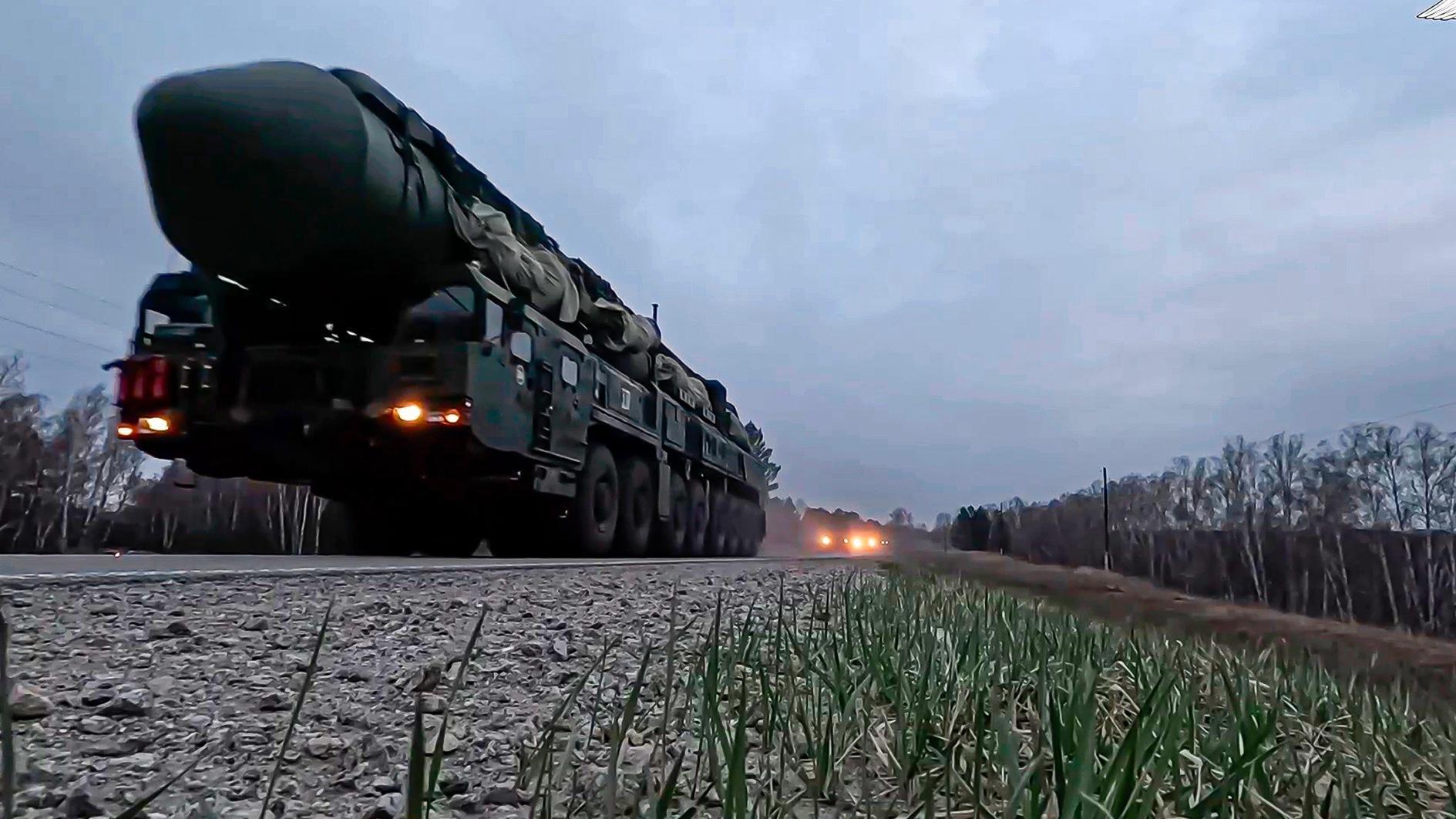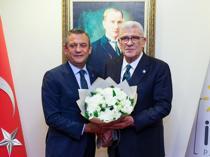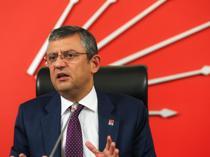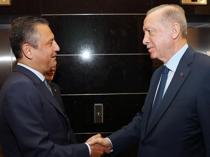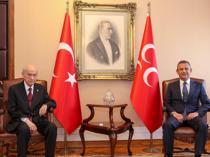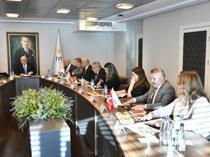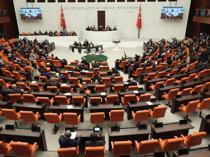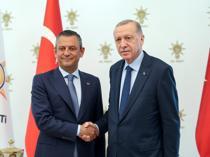Survivors of PKK raid: ‘We are traumatized’
ISTANBUL - Hürriyet
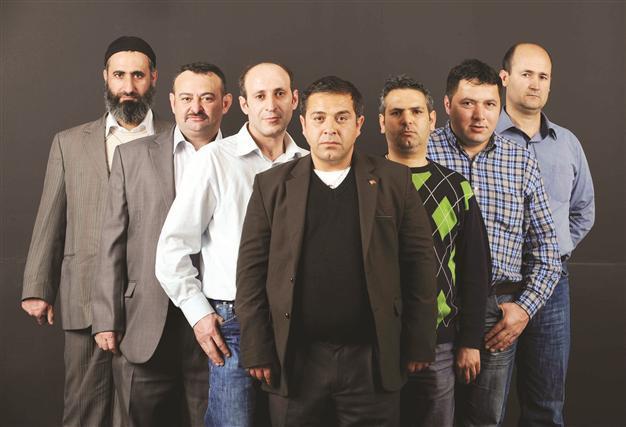
The survivors come together for the first time after the incident to recount their memories from the infamous killing of 33 unarmed troops by the PKK in 1993. Hürriyet photo
Seven survivors of the infamous killing of 33 unarmed troops by the outlawed Kurdistan Workers’ Party (PKK) in eastern Turkey in 1993 have come together for the first time to recount their tales and express their grievances.“They lined us up side by side, single file. They raked us with Kalashnikovs ... I later saw on the incident scene report that they had shot us with 7,500 bullets. I was wounded but did not die, as my friends who were martyred had fallen over me,” said Osman Partal, from the Black Sea province of Trabzon.
Some 50 troops dressed in plain clothes and fresh out of boot camp were travelling from the Gendarmerie Command in Malatya to Bingöl in eastern Turkey on May 24, 1993.
PKK militants intercepted the two buses carrying the troops and then killed 33 of them, despite a unilateral cease–fire the PKK had earlier announced.
The troops who survived the deadly night, however, were only granted a ten day leave of absence, after which they were re–assigned back into the same region to serve for 19 months. The demobilization of drafted troops was suspended at the time, and once more the soldiers were sent there without any arms or escorts.
“The PKK marched us in such a fashion that my cruciate ligaments were torn. This emerged years later, and it was too late for treatment. All the organs in my body failed. I underwent seven operation. I’m now married, have three children, and I’m unemployed,” said Bünyamin Atlı from the southern province of Hatay.
The survivors also complained about the reluctance of the Turkish state to grant them veteran status.
“I was fit when I went to the military and possessed a trade. I was a silversmith. Now I am unemployed and sick ... I have post–traumatic stress disorder and anxiety,” Partal said.


